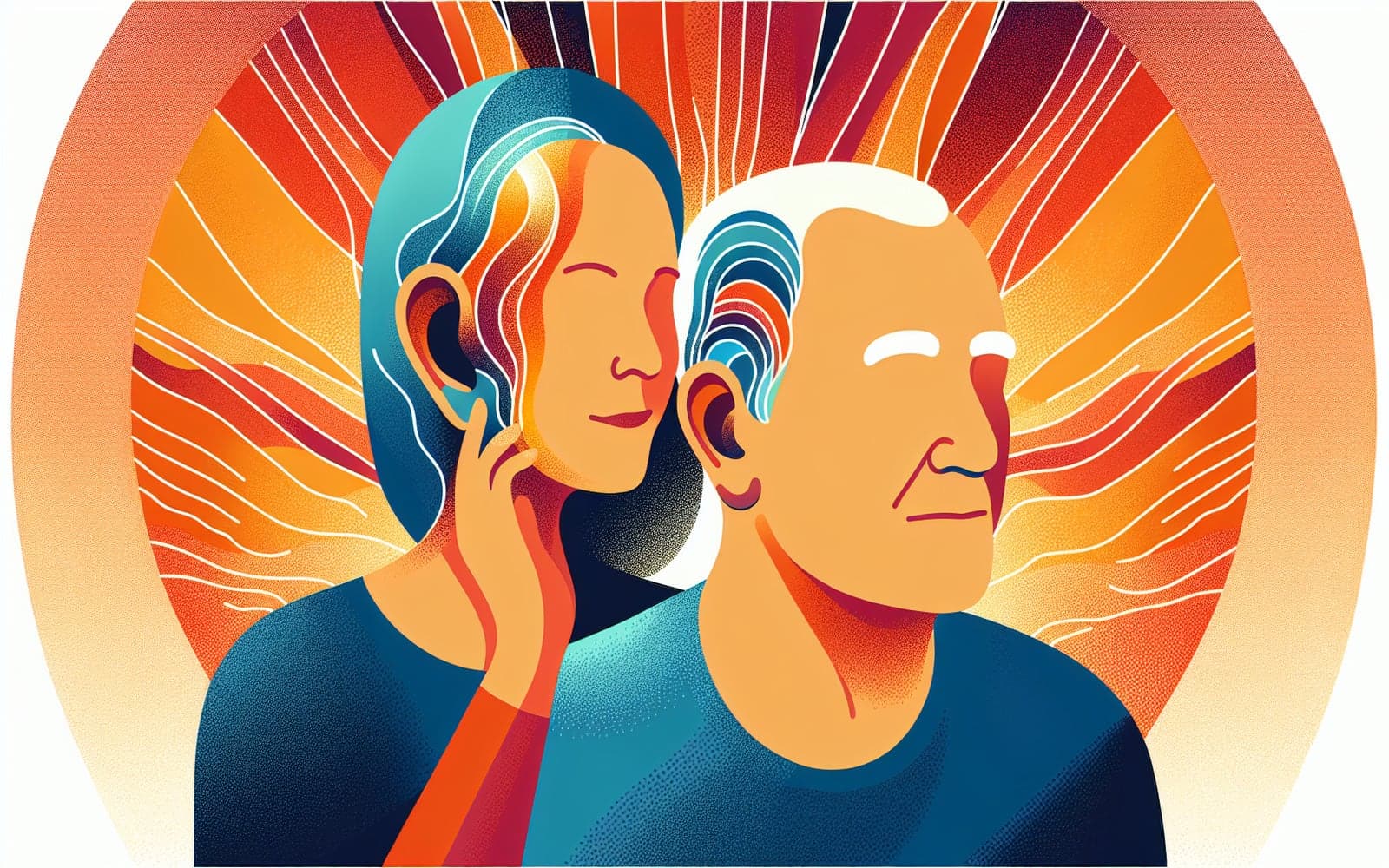Is Your Hearing Fading? Understanding Age-Related Hearing Loss
Published: Nov 05, 2023
Age-related hearing loss, or presbycusis, affects millions of older adults worldwide. This common condition can have a major impact on quality of life, but many people don't realize they have it.
Contents
What Exactly is Presbycusis?
Presbycusis is the gradual loss of hearing that occurs as people get older. It typically affects both ears equally and progresses slowly over many years. The condition makes it especially difficult to hear high-pitched sounds, including many consonants in speech. This can make it hard to understand what people are saying, even if you can hear that they are speaking.
Who's at Risk?
While age is the primary risk factor, other things can increase your chances of developing presbycusis. These include genetics, exposure to loud noises, certain medications, and health conditions like diabetes or high blood pressure. Men tend to be affected more than women, possibly due to higher rates of noise exposure over their lifetimes.

Recognizing the Signs
Presbycusis develops gradually, so the signs can be subtle at first. You might find yourself asking people to repeat themselves more often, especially in noisy environments. Many people report that others seem to mumble or that they can hear but not understand speech. Turning up the TV volume and having trouble hearing on the phone are also common signs.
Frequently Asked Questions
It often begins in your 50s or 60s.
While aging can't be stopped, protecting your hearing can help.
Currently, there's no cure, but treatments can help significantly.
Yes, it typically affects both ears symmetrically.
Key Takeaways
If you suspect you might have age-related hearing loss, it's important to get your hearing checked by a professional.
Ready to learn more about your hearing health? Chat with Doctronic, the AI doctor, to discuss your concerns and next steps.Related Articles
References
Gates GA, Mills JH. Presbycusis. Lancet 2005; 366:1111.
Lin FR. Age-Related Hearing Loss. N Engl J Med 2024; 390:1505.
Always discuss health information with your healthcare provider.

